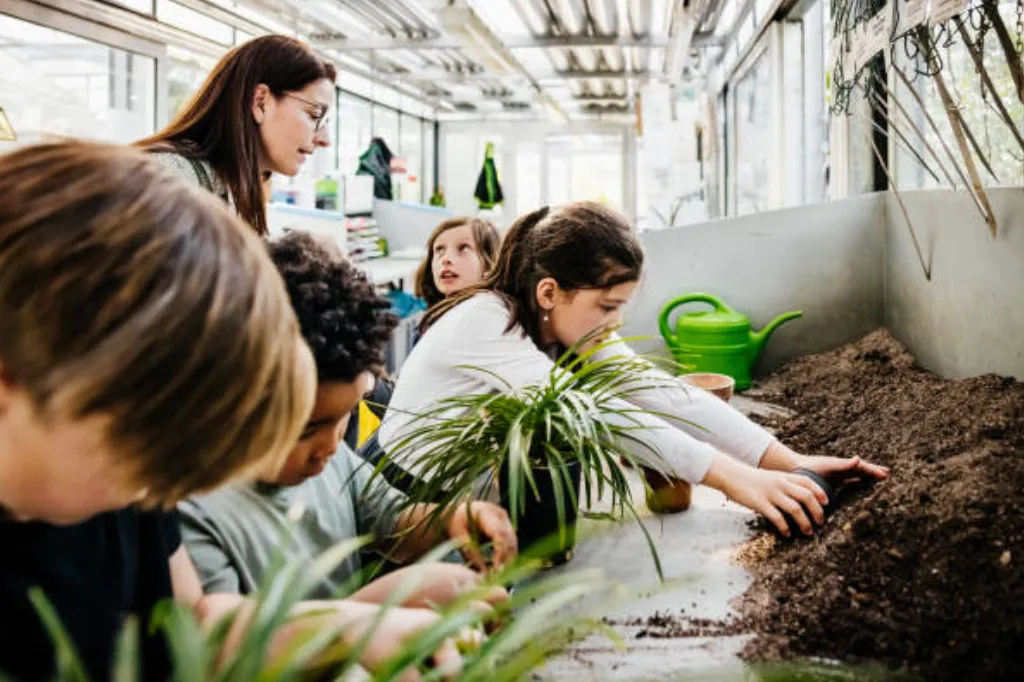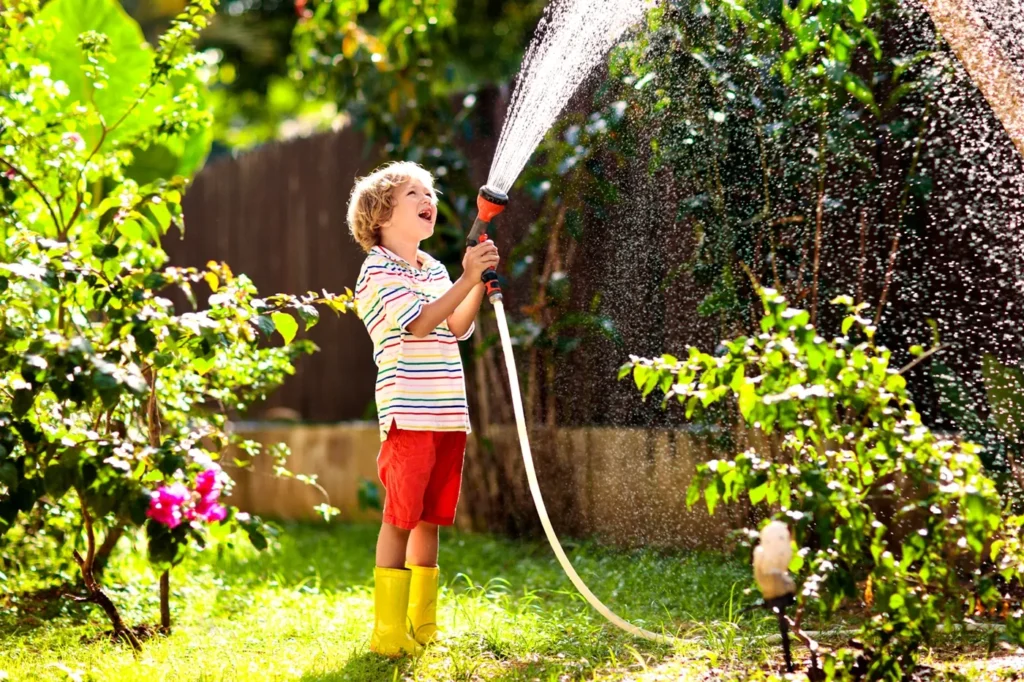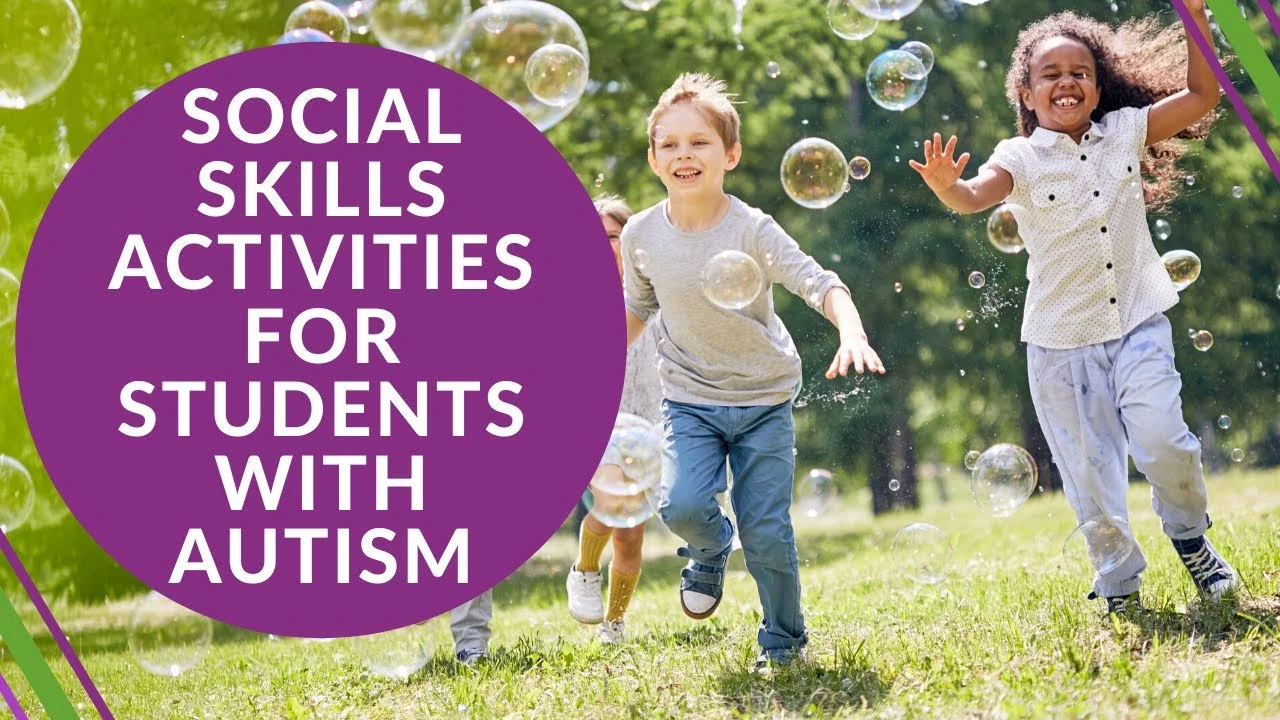Children with autism often face challenges in understanding and expressing social cues. Whether it’s maintaining eye contact, joining group play, or understanding turn-taking, these everyday social interactions can be overwhelming. That’s why autism social skills activities—when done consistently and in real-life contexts—are essential.
In this guide, we’ll explore easy-to-apply, realistic activities that help children on the autism spectrum build social confidence. These strategies are designed for use at home, in school, or in therapy sessions, and include both structured and naturalistic approaches.

Understanding the Social Challenges of Autism
Children with Autism Spectrum Disorder (ASD) often struggle with:
- Reading body language
- Understanding facial expressions
- Taking turns in conversations
- Initiating or maintaining friendships
- Responding to emotions appropriately
Real-life example:
Sarah, a 7-year-old with ASD, often misinterpreted her classmates’ laughter. She thought they were laughing at her, leading to withdrawal. With structured role-play and positive reinforcement, Sarah learned to ask questions like “Are you laughing at something funny?” instead of shutting down.
Daily Real-Life Social Skills Activities
Turn-Taking with Household Chores
Use daily routines as teaching tools. Washing dishes, setting the table, or watering plants can all become social lessons when done as a team.

How to do it:
Make a chore schedule with your child. Switch tasks daily to practice turn-taking. Encourage language like “Your turn next” or “Can I try now?”
Why it works:
It’s predictable, reinforces responsibility, and models real-life cooperation.
Grocery Store Games
Turn your shopping trips into social practice opportunities.
Real-life game:
Let your child ask for help from a store worker, like “Where can I find the apples?” Give them a script or use visual cue cards if they’re non-verbal or shy.
Pro tip:
Reward them afterward to boost confidence and encourage repetition.

Playground Friendship Builders
The playground is full of spontaneous social moments. Encourage your child to approach a peer and say, “Can I play too?”
Support needed:
Start by role-playing this interaction at home. Then supervise gently at the playground. If your child is non-verbal, equip them with picture cards or a simple tablet-based communicator.
Structured Autism Social Skills Games
Emotion Charades
Use flashcards or facial expression photos to play a game of charades. Your child guesses the emotion being acted out.
Why it works:
It builds emotional recognition—one of the most important and challenging aspects of autism.
Feelings Jenga
Label each block in a Jenga set with a question like:
- “How would you feel if someone broke your toy?”
- “What can you say if someone is sad?”
Take turns playing. When a block is pulled, answer the question.
Group Activities for Autistic Children
Group settings offer rich opportunities for social learning.
Social Skills Groups (Therapy-Based)
Many speech or occupational therapists offer weekly group sessions. These often include structured games, peer modeling, and direct social instruction.
Parent tip:
Ask your local autism support center for referrals or search “social skills groups near me.”
Board Game Clubs
Form a small group with 2–3 kids and play cooperative board games like:
- Candyland
- Guess Who
- Connect Four
These teach turn-taking, managing frustration, and cheering for others.
Visual Supports and Tools
Children with autism benefit from visual schedules, social stories, and PECS (Picture Exchange Communication System) to help them understand social expectations.
Real-Life Example:
Ali, a non-verbal 6-year-old, used a picture chart showing “ask to play,” “wait for answer,” and “start game” before joining group activities at school. This reduced his anxiety and increased his confidence.
How Parents Can Support Social Development
Be a Model
Your child watches how you interact with others. Narrate your actions: “I’m saying thank you to the cashier,” or “Let’s wait for our turn.”
Celebrate Small Wins
If your child says “hello” to a neighbor for the first time, praise them right away. Keep the feedback positive and immediate.
Final Thoughts: Make It Part of Everyday Life
The most effective autism social skills activities aren’t one-time lessons—they’re woven into everyday experiences. Consistency, patience, and celebrating small progress go a long way. Don’t worry about perfection. Instead, focus on connection.
Remember: Social success for autistic children looks different for every child. Honor their pace and celebrate their unique strengths.
FAQs
Q: What age should I start social skills activities?
A: As early as toddlerhood. Even basic turn-taking with toys can set a strong foundation.
Q: Can social skills be taught to non-verbal children?
A: Absolutely. Use AAC devices, visual schedules, or picture cards. Social connection goes beyond speech.
Q: What are simple social skills for kids with autism?
A:Making eye contact, taking turns, and greeting others politely are great starting points.
Q: Can social stories help teach social skills?
A:Yes, social stories help kids understand different situations and how to respond appropriately.
Q: How often should I practice social skills with my child?
A:Daily short sessions work best—consistency is more important than duration.

Russell F. Jones, holding a Master in psychology from the University of Florida. He writes for Smart Parent Solutions, offering practical advice on parenting and child development. His engaging content helps parents navigate family life with confidence and ease. Russell enjoys sharing his knowledge and spending quality time with his family.
